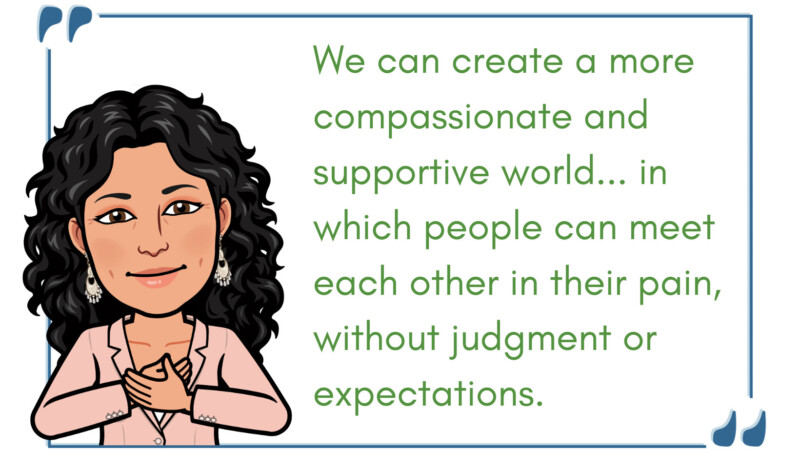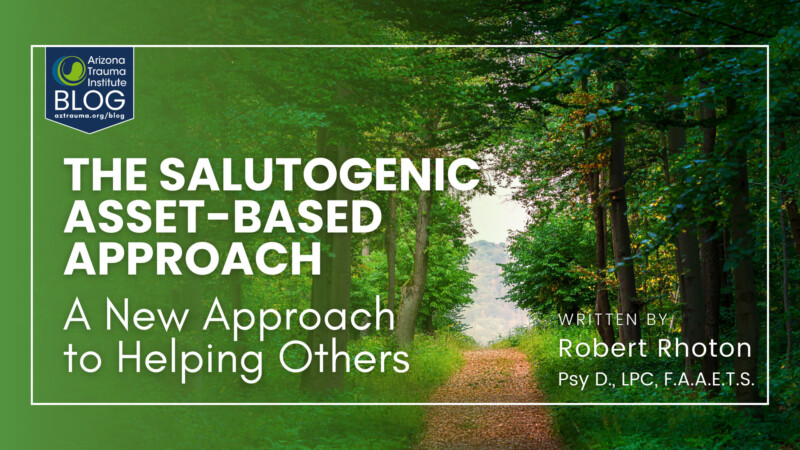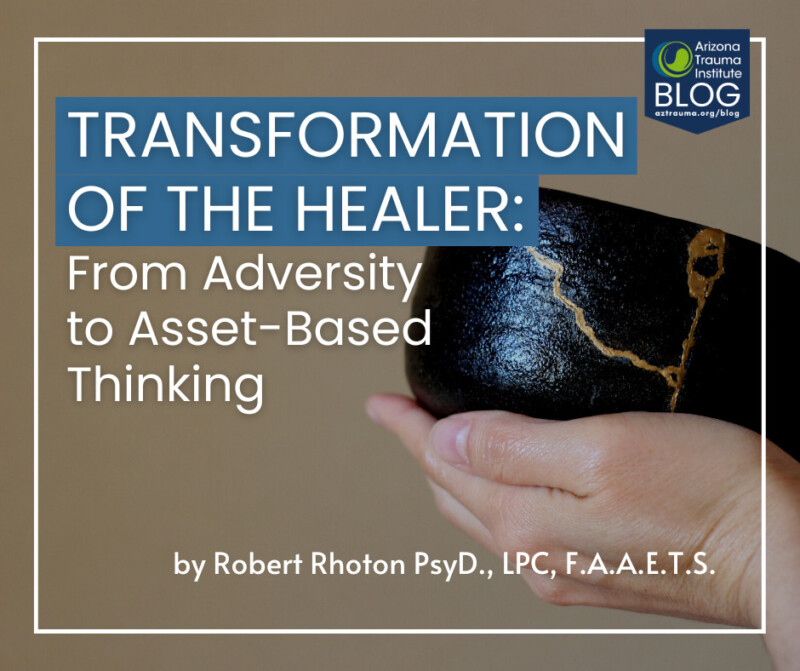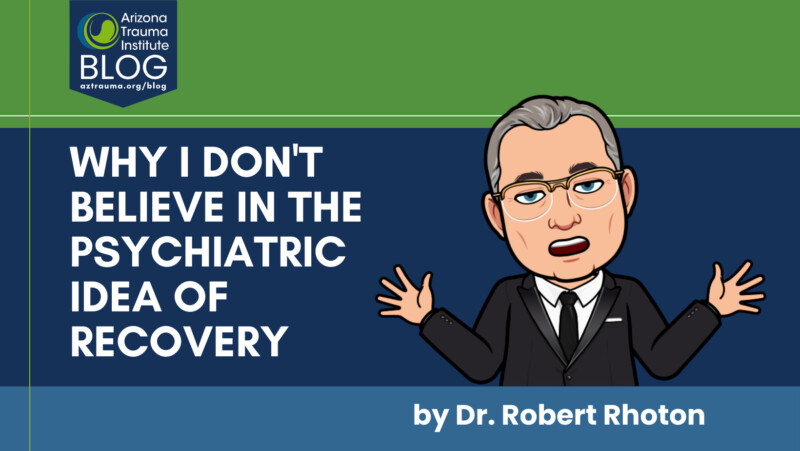
by Robert Rhoton | Apr 7, 2023 | Blog
Trauma is a difficult topic to discuss. It can cause feelings of shame, guilt, and isolation, and may lead to difficulties in interpersonal relationships and self-esteem. While the effects of trauma can be devastating, it is important to remember that there are people...

by Roderick Logan | Apr 6, 2023 | Blog
PPL: Past Painful Learning inflicts all of us. In one moment we feel safe and we are engaging with the world, then a trigger occurs…Our present is interrupted by sentiments, scenes, smells, sounds, or sensations of the past. One or more of which transports our...

by krista.bennett@aztrauma.org | Mar 3, 2023 | Blog
LESSONS FROM TRAUMA AND RESILIENCE LIFE COACH TRAINING As a Trauma and Resilience Life Coaching program trainer and facilitator, I have gained a new understanding of humanity. Every participant in our program has faced adversity, lost a loved one in tragic...

by krista.bennett@aztrauma.org | Oct 14, 2022 | Blog
A New Approach to Helping Others In the early 1970s, cognitive psychologist George Kelly developed the idea of expectancy, which posits that WE TEND TO GET MORE OF WHAT WE FOCUS ON. This theory has important implications for those of us in the helping...

by krista.bennett@aztrauma.org | Oct 7, 2022 | Blog
From Adversity to Asset-Based Thinking THE FIELD OF COUNSELING IS SHIFTING. For too long, the focus has been on what is wrong with the client. This deficit-based thinking has served to pathologize clients and label them as damaged goods. However, a new movement...

by krista.bennett@aztrauma.org | Sep 7, 2022 | Blog
When working with clients who have experienced trauma, it is important to keep in mind that the goal should be increasing capacity and transformation, not simply recovery. The medical model of recovery assumes that people can go back to the way things were before, but...

by krista.bennett@aztrauma.org | Aug 8, 2022 | Album
If you don’t follow us on social media you may have missed our growing collection of Dr. Rhoton Quotes! Dr. Rhoton is the owner, and CEO of Arizona Trauma Institute, as well as the President of Trauma Institute International. He has been inspiring students...

by krista.bennett@aztrauma.org | Jun 24, 2022 | Blog
How do you become more resilient? Resilience is often thought of as a personality trait. You either have it or you don’t. But according to the research, that’s not the case. Resilience is a skill that can be learned. And it’s a skill that can...

by krista.bennett@aztrauma.org | Jun 19, 2022 | Blog
Celebrate Juneteenth by becoming more informed about bias and historical trauma. Juneteenth is observed on June 19, every year, and is the oldest known celebration of the end of slavery in America. It commemorates June 19, 1865, the day that Union soldiers arrived in...

by krista.bennett@aztrauma.org | Jun 17, 2022 | Blog
Or is that our bias? We are all motivated by different things. For some of us, motivating factors might include wanting to feel happy, wanting to help others, or wanting to achieve a goal. Often people with complex or chronic trauma histories are frequently motivated...











